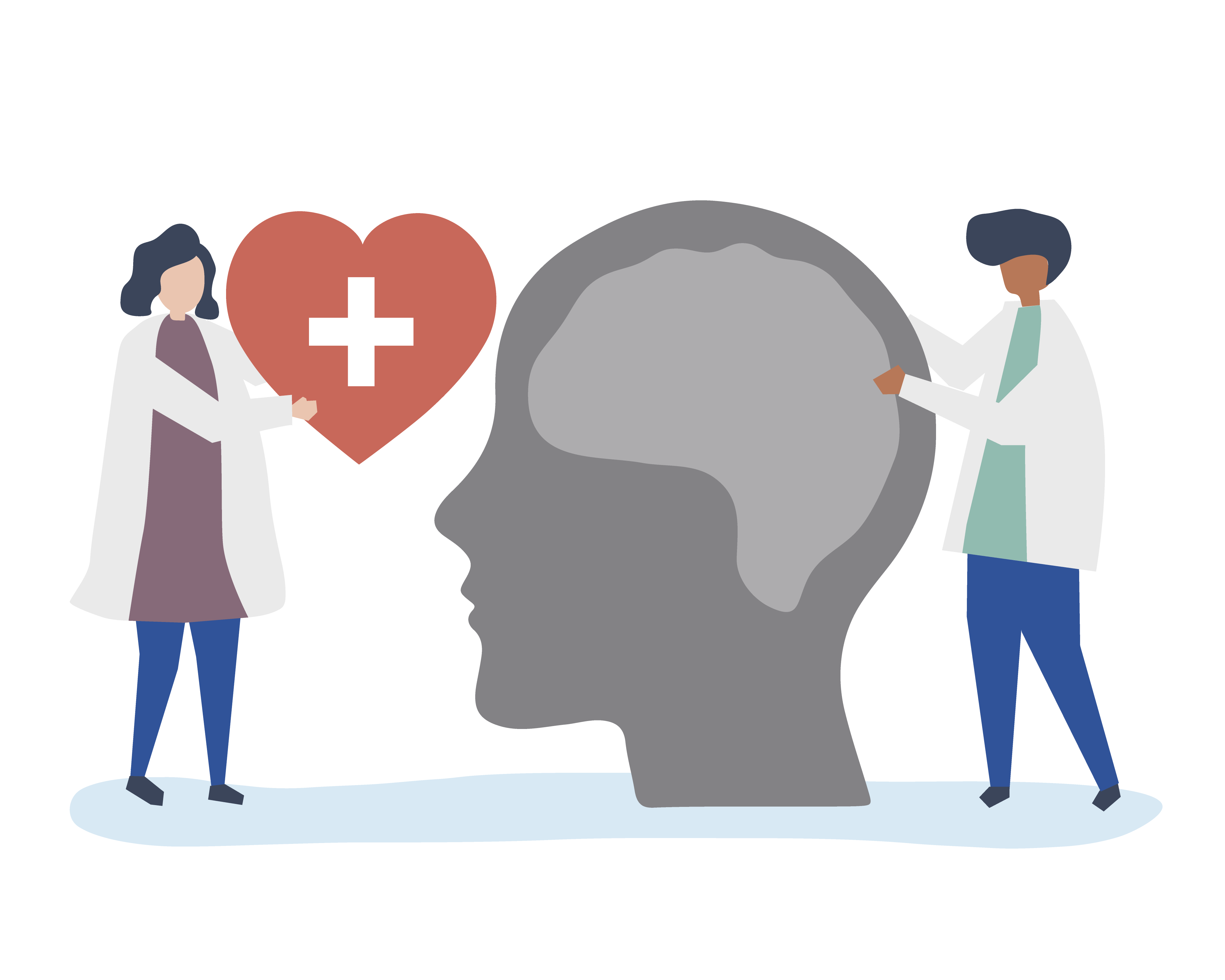January 15, 2020
Staying Strong as a Caregiver: Taking Care of Yourself
Written by: Courtney Watson – Sr. Manager of Programs & Partnerships for Head for the Cure
The role of being a caregiver is all in the name, caring for someone else in any type of capacity. We care for our loved one battling a terrible disease 24/7, but do we ever return the favor to ourselves? Being a caregiver for my mom took a toll on me and my family mentally, physically, and most of all, emotionally. We never thought to take a step back and care for ourselves when my mom was fighting her battle with brain cancer because our focus was on her, and any doing anything else felt selfish. I want you to know that you are not the only ones who have felt this way.
Being a caregiver is a title you will have for the rest of your life, but at a point you realize it goes both ways: caring for your loved one and yourself. After my mom was diagnosed with a Glioblastoma, I naturally took the role of the leader. I made sure my mom, stepdad, and brother were all doing okay, but I never looked inward. I internalized everything because I knew I had to keep strong for my family.
After my mom passed, I moved out of my parents’ house, moved back in with friends and returned back to work. I thought that going back to living how I did before my mom got sick was the easiest way to grieve. I would distract myself by immersing myself into work, going on trips, and distracting myself any way I could. I was wrong and I am still paying for it to this day mentally and emotionally.
According to the Anxiety and Depression Association of America 40%-70% of caregivers show symptoms of depression with approximately a quarter to half of these caregivers meet the diagnostic criteria for major depression.
There isn’t a certain way to process trauma or grief, but there are healthy and non-healthy ways to go about it. There is a reason why they call it the “stages” of grieving because you go through them in different ways and at different times of your life. Knowing myself, I knew I had to talk to someone about what I had gone through. The hospice facility that my mom was at offered counseling, so I started going right after she passed.
When I moved back in with friends, I started to feel like a “normal” 20-something again, but I was still internalizing every feeling about my losing my mom. My new normal wasn’t what I thought it would be. I would get headaches from the stress, my anxiety skyrocketed, and depression set in. I knew at that point I would need to see a licensed psychologist. It took a while to find the right one, but when I did, it helped immediately.

My family and I have learned to manage our grief in different outlets that work for us. We still participate in Head for the Cure events around the country to honor my mom. My step dad helps out with a local non-profit, BeHeadStrong, since they were a huge part in helping us when my mom was sick. Also, as a high school teacher my brother has connected with other students who have gone through the same thing.
There is no shame in going to talk to someone about your life and your feelings, and as a caregiver I felt like there was a stigma about going to therapy. Even three years after my mom’s passing, I continue to go because the one thing I’ve learned is that grief will be with you forever, but you are in control of how you manage it. As a caregiver, at any age, you need to take care of yourself too. Whether it is taking mental health days, going to concerts, talking with a therapist, the options are endless.
Images from rawpixel.com